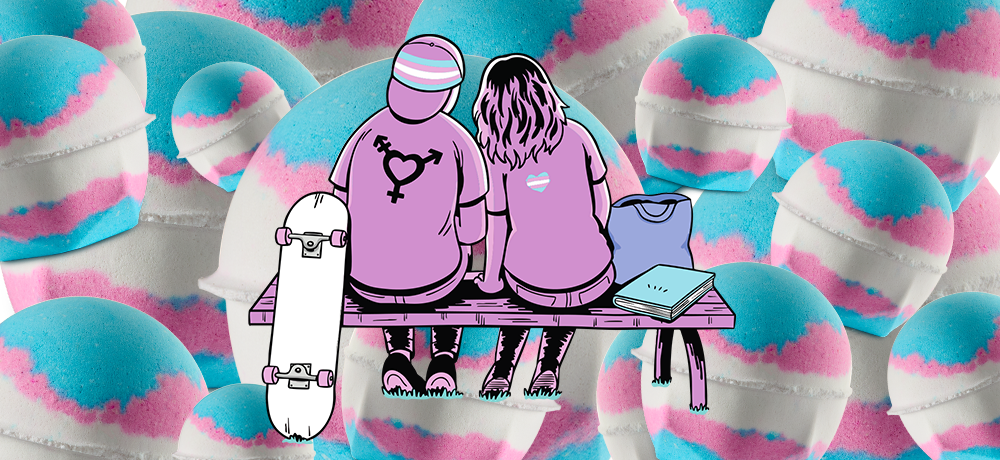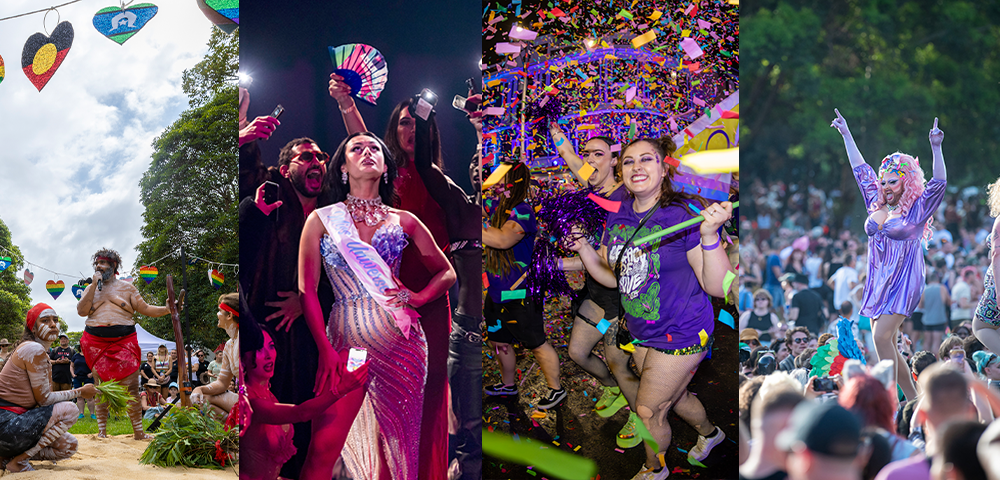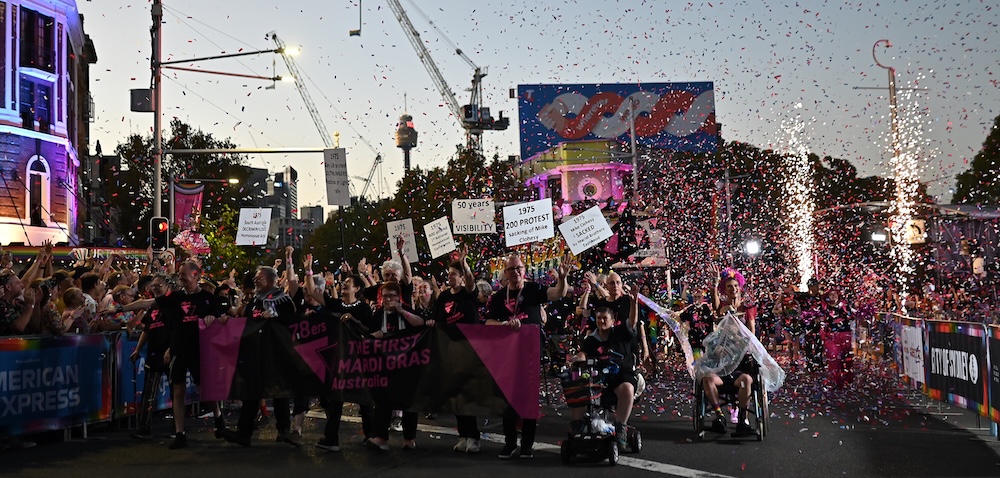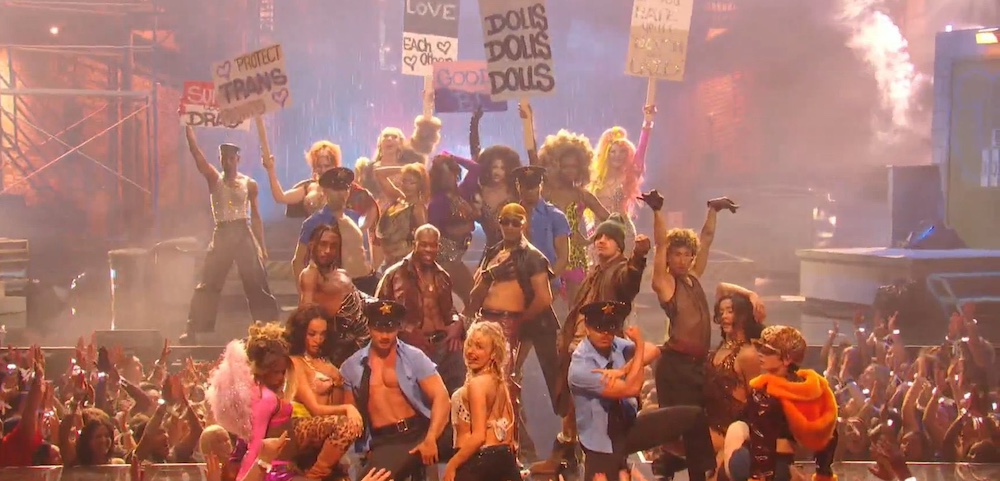
Walking with the Warrior Man
Meeting the charismatic, verbose Jack Charles in his favourite cafe, the remarkably small 66-year-old seemed to take up more space than his slight frame would suggest.
As he wandered in from the street, stopping to chat to people on the way, the eccentric dress sense so evident in Amiel Courtin-Wilson’s remarkable documentary Bastardy was still on show — sandals with bright yellow socks, lairy camouflage shorts and that bright shock of hair crowning his face like a halo.
While he may look the same, Charles is a changed man compared to when we first meet him in Bastardy, sheltering in the laundry room of an inner-suburban apartment block and calmly injecting himself with his daily dose of heroin. The Jack Charles of 2009 is strong, passionate, and fired up about the plight of his Indigenous allies — he referred to himself as a ‘Warrior Man’ several times during our interview. “There’s a warrior bursting from the chest of many a man in our community,” he said.
Courtin-Wilson met Charles in 2001, and so began a seven-year labour of love for the documentary maker, who wanted to capture the remarkable story of a man whose life can be summed up by a disparate collection of labels: drug addict, acclaimed actor, prisoner, gay man, member of the Stolen Generation.
Charles has crammed so much life experience into his 66 years that it’s hard to stay on one track for long.
Taken from his family at the age of four months and placed in a boys’ home, Charles rankled at the mention of conservative commentators who deny the Stolen Generation even exists.
“I realise the press need to play the role of devil’s advocate, but I can attest that what he said [about there being no stolen generation] was an outright lie. These white journalists who insist we were taken for our own protection … it’s a lie, mate, a ‘white’ lie.
“But then I think this documentary is a way of saying ‘in your face’ to Andrew Bolt and people like him; this is what life is like for a stolen person who has had to fend for himself since he was a baby.”
He described his upbringing as a ‘whitewashing’ and both a blessing and a curse — while he received the sort of education that now makes him such an eloquent spokesman for his people, he was also the only Aboriginal boy in a boarding house of 69 children.
“My assimilation was an experiment. A failed experiment,” he said angrily.
Having survived a childhood spent in the boys’ home, as a young man, Charles first fell into acting when he volunteered to star in a Melbourne community production of Raisin in the Sun. “I was the only blackfella game enough to raise his hand, I loved it from the very first day.”
From there followed an accomplished — if intermittent — career on stage and screen, with highlights including his performance in the iconic Aboriginal film The Chant of Jimmie Blacksmith, and his founding of the first Aboriginal theatre company in the early 1970s.
But between these sporadic stints on screen and stage were long periods trapped in a vicious cycle of drugs, crime and homelessness. Charles would steal to support his drug habit, and would end up in prison because of it. This continued well into his 60s, until his final, year-long stint in prison, as shown in Bastardy.
It was the last straw for a man who had spent around half his adult life behind bars, and Charles realised he needed to break the cycle. He swapped the drugs for a methadone program, and is today completely clean.
Now, Charles is an Aboriginal elder, and focuses his energies — “all the energies I used to channel into finding money so I could buy stuff to put into my arm” — on helping his community.
“I’m in a unique position as an elder in my community. I can talk to a drug dealer and ask them to lay off someone, or to clean their act up, because at one point in the past I shared a needle with them.”
Charles has big plans for Bastardy, seeing it as an educational tool more than a work of art. He wants to screen the film in prisons, showing inmates, both black and white, that they can clean themselves up after jail.
“It’s so important for me to go back to prisons and show the film, this story of an old reprobate. In watching Bastardy, many of them will see their own journey,” he said.
Somewhat surprsingly, Charles insisted life as a small gay man was relatively easy in prison compared to the difficulties he experienced during his long stints on the streets.
“I always kept it to myself and never made a hullaballoo about my homosexuality, until Amiel, the bastard, outed me,” he chuckled. “And I always had more problems on the streets than in the nick. I was treated with honour in the nick.”
Though identifying as gay, romance hasn’t been a big part of Charles’ life. As the documentary shows, he only ever had one relationship, a short-lived affair with a felllow actor named Jack in the 1970s.
“Jack’s been the only man in my life, and I’m afraid he’ll only ever be the one man in my life. I’m far too busy to bother with all that now. I’m too busy climbing up this hill, never reaching the top. Having my power and my voice, but never being able to achieve my goals.”
These goals include an ambitious plans for a revitalised Aboriginal community hub in Melbourne, using ex-prisoners as its staff. Charles said his requests for funding are repeatedly rejected by the state government. He’s angry, he said, that attempts to give Indigenous people back their dignity are too often stymied.
“A real blackfella doesn’t put white powder in his veins. A real blackfella doesn’t get drunk and air all his dirty laundry out on the street. A real blackfella doesn’t get pissed off if someone doesn’t give him two dollars.
“We need to give these people back their dignity, reinvigorate their Aboriginality.”
info: Bastardy is out now on DVD.









